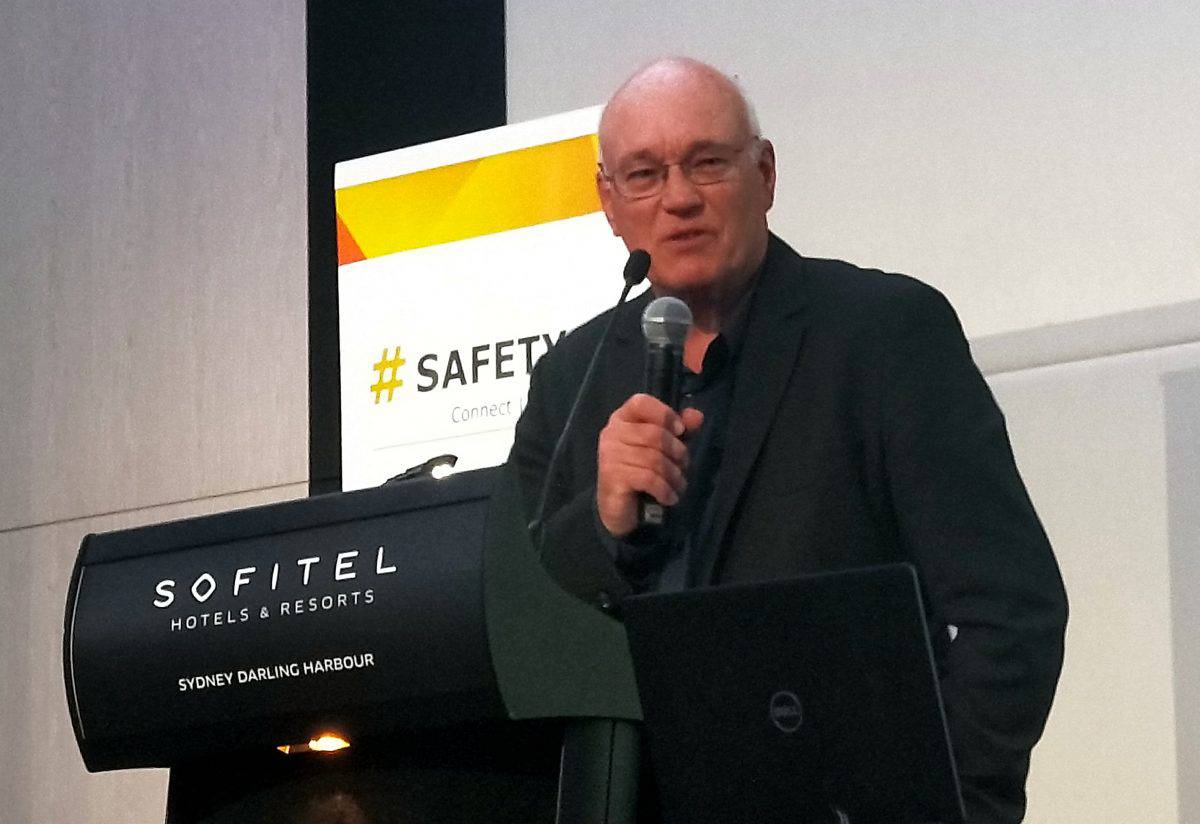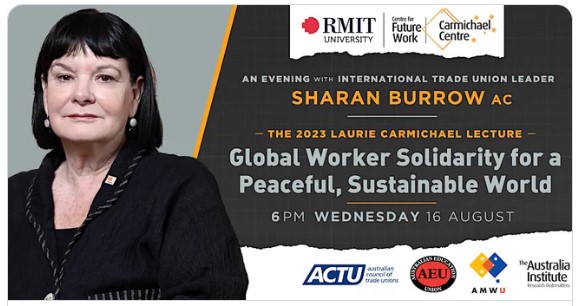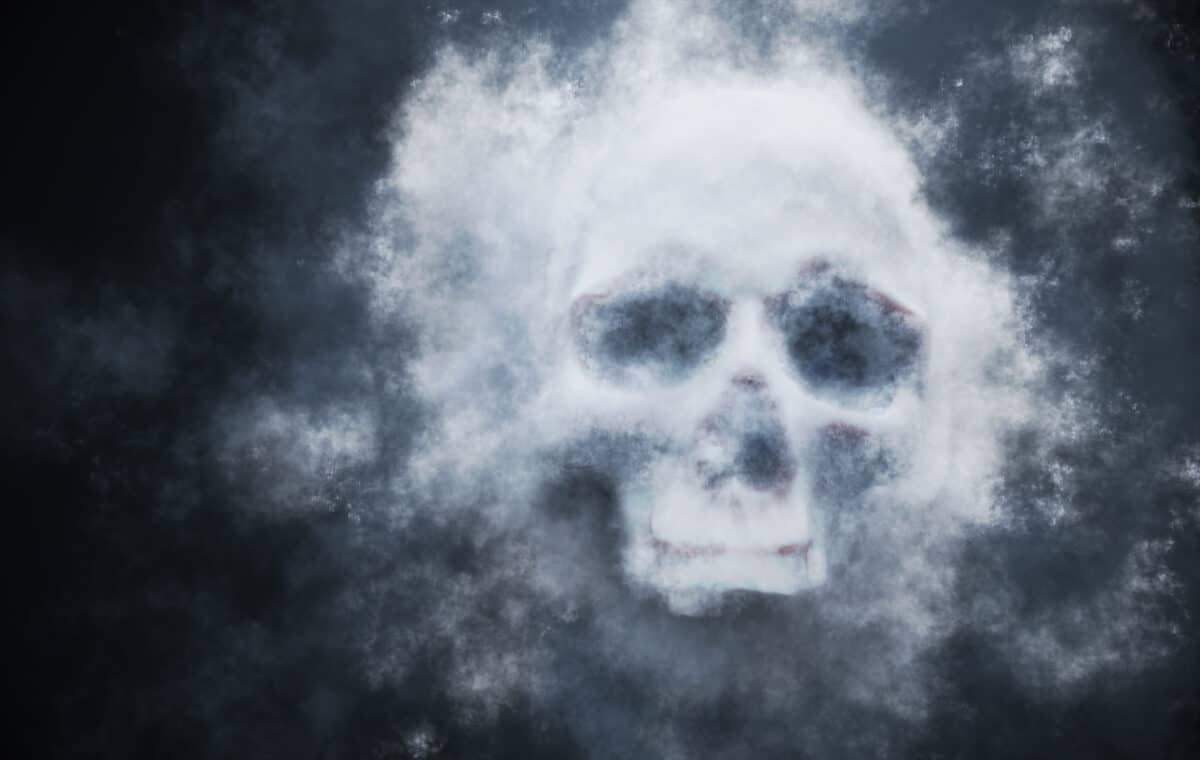Another nightclub fire due to pyrotechnics resulted in many deaths and injuries. Investigations have started, and there is a scramble about who was responsible for not reducing the risks of this type of incident.
The Australian Financial Review reported (via the New York Times and paywalled) on the lack of regulatory enforcement by local authorities.







